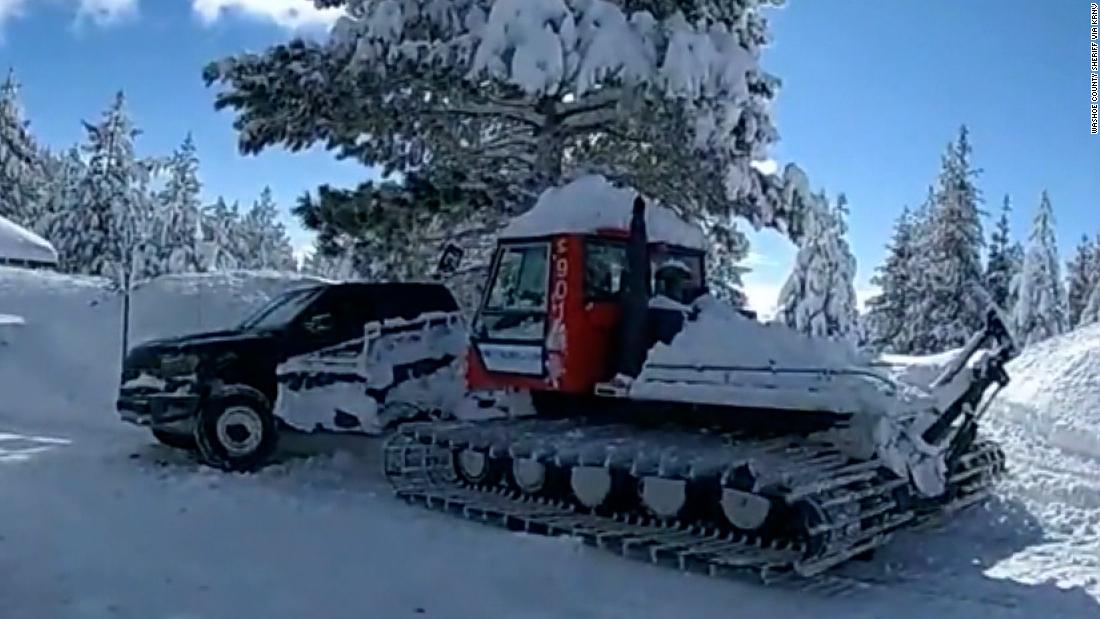MORE than 1,000 police from across the country are being drafted into London for Remembrance commemorations.
They will join around 2,000 Met cops policing a pro-Palestine march through central London after Saturday’s two-minute silence.
More than 1,000 police from across the country are being drafted into London for remembrance commemorationsRex
AlamyThere will be an extra 778 regional cops on duty in the capital on Saturday and 288 on Sunday – aiming to prevent disruption at locations such as the Cenotaph[/caption]
The reinforcements from the counties under mutual aid arrangements follows intelligence that breakaway groups could try to provoke trouble.
There will be an extra 778 regional cops on duty in the capital on Saturday and 288 on Sunday.
Chief Constable Chris Haward, leading the police response to the trouble arising from conflict in Gaza, said more than 100,000 protestors could be heading for the capital.
But he said it was impossible to ban the march because the threat of serious violence had to be proved under the law.
He added that even if a march was barred, police would still not be able to stop a huge crowd gathering in one place.
“You will still expect to have 100,000 people, maybe more, turning up who will then be in a static position,” he said.
Mr Haward added: “The threshold (for a ban) is extremely high. It is about serious violence, and not about the words that might be chanted.”
Gavin Stephens, chairman of the National Police Chiefs’ Council (NPCC), stressed that protests outside the capital since the October 7 attack on Israel by Hamas have been “largely peaceful.”
Just eight arrests were made at 67 protests across the country between November 2 and 5.
However, 29 people were arrested over the central London protest last weekend.
Fireworks were thrown at cops and crowds chanted anti-Israel slogans.
He defended Met commissioner Sir Mark Rowley’s right to allow the Armistice Day march in the face of opposition from the Government.
Mr Stephens said: “In policing we need the space to make difficult operational decisions in an independent manner.
“That space is set out very clearly in law in the Policing Protocol Order which was refreshed earlier this year.
“The decisions that we take are not easy ones, but we do so impartially, without fear or favour, and in line with both the law and our authorised professional practice.”
Home Secretary Suella Braverman has described pro-Palestine demonstrations as hate marches and accused cops of bias toward left-wing groups over right.
And Prime Minister Rishi Sunak has warned that Sir Mark would be accountable for maintaining order over the weekend.
Mr Stephens said it is “really important that the public debate doesn’t feature in our operational decision making.”
He said it would “fundamentally undermine” how policing works in the UK.
Published: [#item_custom_pubDate]















































































































